
Kathleen Riach
Phone: 0061 (0)3 9903 2998
less
Related Authors
Brandon Grafius
Ecumenical Theological Seminary
Florence Richardson
University of Edinburgh
Andrew Peck
Miami University
DAVID L Smith
University of New England
Barbara Braid
University of Szczecin, Poland
James Machin
Royal College of Art
Solveig Ottmann
Universität Regensburg
Anup Dhar
BML Munjal University
Jonas Eklund
Stockholm University
Kate Roddy
Trinity College Dublin
InterestsView All (13)

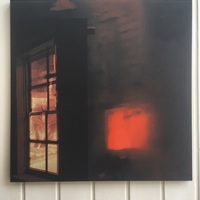
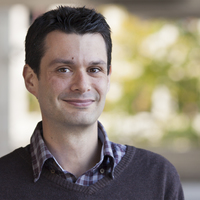
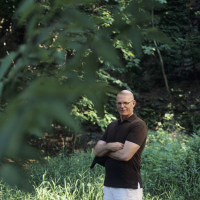

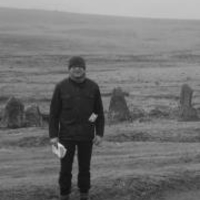
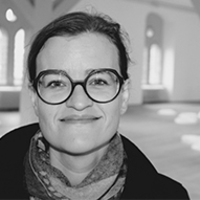



Uploads
Papers by Kathleen Riach
on Sara Ahmed’s (2006a) ‘orientation’ thesis, we develop a concept of ‘bodyspace’ to suggest that individuals understand, shape and make meaning of work spaces through complex sexuallyorientated negotiations. Presenting analysis from a study of UK pubs, we explore bodyspace in the
lived experience of workplace sexuality through three elements of orientation: background; bodily
dwelling; and lines of directionality. Our findings show how organizational spaces afford or mitigate possibilities for particular bodies, which simultaneously shape expectations and experiences of sexuality at work. Bodyspace therefore provides one way of exposing the connection between sexual ‘orientation’ and the lived experience of service sector work.
organization theory, we draw on the figure of the reanimated monster to analyse an apparent case of organizational dying in the UK financial services sector. Through this, we explore how organizations may neither live nor die, but instead
constitute a continual process of reanimation in which organizational spaces and the materials, bodies and narratives surrounding them are recycled, reintegrated and reused to maintain the appearance of the immortal organization. However,
reanimation is not merely the clean and efficient synthesis of old and new. There is an unsettling consequence to living and working within the reanimated organization and it is here that the article considers the value of the monstrous for challenging and rethinking established categories of continuity, change,
death, life and loss in contemporary working life.
on Sara Ahmed’s (2006a) ‘orientation’ thesis, we develop a concept of ‘bodyspace’ to suggest that individuals understand, shape and make meaning of work spaces through complex sexuallyorientated negotiations. Presenting analysis from a study of UK pubs, we explore bodyspace in the
lived experience of workplace sexuality through three elements of orientation: background; bodily
dwelling; and lines of directionality. Our findings show how organizational spaces afford or mitigate possibilities for particular bodies, which simultaneously shape expectations and experiences of sexuality at work. Bodyspace therefore provides one way of exposing the connection between sexual ‘orientation’ and the lived experience of service sector work.
organization theory, we draw on the figure of the reanimated monster to analyse an apparent case of organizational dying in the UK financial services sector. Through this, we explore how organizations may neither live nor die, but instead
constitute a continual process of reanimation in which organizational spaces and the materials, bodies and narratives surrounding them are recycled, reintegrated and reused to maintain the appearance of the immortal organization. However,
reanimation is not merely the clean and efficient synthesis of old and new. There is an unsettling consequence to living and working within the reanimated organization and it is here that the article considers the value of the monstrous for challenging and rethinking established categories of continuity, change,
death, life and loss in contemporary working life.